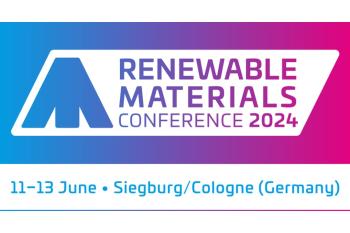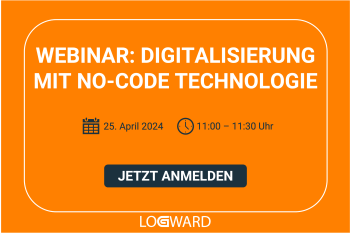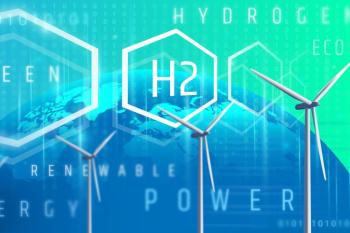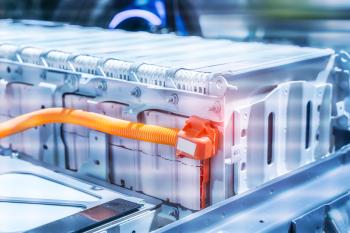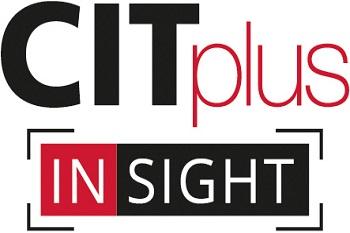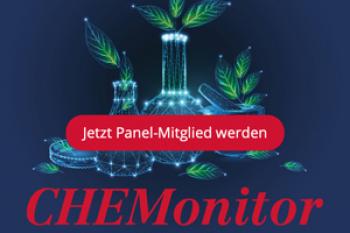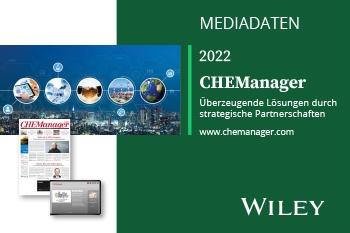Revolutionizing Surface Functionalization
The Luxembourg-based Start-up Molecular Plasma Group has Developed a Unique Surface Functionalization Technology
Molecular Plasma Group (MPG), founded in 2016, was created as a spin-off from the Luxembourg Institute of Science and Technology (LIST) and the Flemish Institute for Technology Development (VITO). Four years after its creation, the start-up is about to make a major international breakthrough. With its revolutionary cold atmospheric plasma technology, the company is able to immobilize a wide range of bio-molecules such as antibodies, DNA, proteins, peptides, etc. onto any substrate whilst keeping full bio-functionality. The main focus in the market is on major players in the field of gluing and on robotics technology integrators who can use the technology as part of their solutions in industrial production lines. But MPG‘s technology can also be used in the biomedical industry, e.g. to add antiviral and antibacterial agents, in the form of ultra-thin coatings.
CHEManager: How did it all start?
Marc Jacobs: In 2016, Luxinnovation, Luxembourg’s national innovation agency, introduced me to a researcher who had started a company based on their research at the LIST. I could see that the technology was groundbreaking and that with a little help, it could take off. At first, we had no idea where we would bring the most value and therefore which industry we should go after. In light of this, we started very broad, entering the market by reaching out to multiple industries to see which problems we could help them solve, and where we would be able to offer a unique solution. Within one year, we had initiated 50 customer-funded proofs of concept with multiple clients.
What makes the technology so unique?
Régis Heyberger: Our technology allows us to permanently bond organic molecules onto any surface and change its chemical and/or physical functionalities. Our process of surface functionalization takes place at room temperature and at extremely low energy levels, making it both environmentally sustainable and possible to work with highly sensitive molecules such as antibodies and proteins.
The reach of our technology is only limited by imagination, but the bulk of our solutions are applied in the world of adhesion. As an example, we enable Teflon, a notoriously difficult material, to be adhesively bonded onto any material with our trademarked MolecularGrip solution.
Which obstacles have you had to master so far?
M Jacobs: Since the company was founded, we have had to pivot our business model several times, however Covid-19 presented one of the most challenging obstacles, effectively shutting down all our R&D in the automobile and aeronautical industries. That being said, it also gave us a fantastic opportunity. We started looking into the possibility of grafting antiviral molecules onto face masks and other types of PPE to protect healthcare workers and the wider population. We have now successfully concluded the proof of concept and are initiating scale-up.
What has been your most exciting project?
R. Heyberger: Our most exciting project, which even surprised us, was our proof of concept showing that we could immobilize antibodies onto a substrate in a single-step, 10-second process, 10,000 times faster than the current standard.
This proof of concept was completed in collaboration with the University of Leuven and was a key development in our technology, as it showed that complex biomolecules retain their function when bonded to a surface using our plasma technology. It also opened the door to the healthcare industry, which we had never considered as an interesting direction beforehand. This project clearly showed us that our position as a technology platform is viable and we firmly believe that our way forward is in partnerships, with industrial companies as well as research institutes and universities.
What will be the next steps to develop?
M. Jacobs: Over the next 12 months, we will have two key focus areas. Firstly, we will be developing the antiviral functionalization of PPE and taking it to market with multiple industrial partners. Secondly, we will be tackling the adhesion issues which are omnipresent in many industries by continuing to develop the scope and breadth of the application of our technology, both in terms of machine and solution development. In the near future, we will be also entering the American market and we expect several strategic partnerships to come to fruition over the next 12 to 24 months.

Marc Jacobs (CEO and investor) has a master’s degree in Engineering from the University of Leuven and a Sloan master’s degree in Leadership and Strategy from London Business School. He is a serial entrepreneur and is widely involved in the Luxembourg start-up ecosystem. He is also a cross-cultural consultant in the Hofstede Insights Network and author of the book “Negotiate like a Local” which applies Geert Hofstede’s 6D model of culture to the world of business.
Régis Heyberger (COO and shareholder) holds a Ph.D. in Cosmology from the University of Strasbourg. He has several patents in his name and is an expert in robust upscaling of innovative technologies having worked for General Motors, Sony and Plastipak. He is certified as a Six Sigma Master Black Belt expert and leads the scientific team as well as the operations of the company.
 Business Idea
Business Idea
Key Enabling Technology
MPG’s technology breaks the barriers of traditional plasma technologies by using cold atmospheric plasma as a vector to covalently bond organic molecules onto any substrate. Positioning themselves as a technology platform, MPG develops new and exciting applications with partners in multiple industries such as the aerospace, automotive and healthcare industries. They offer the unique ability to robustly scale up the solution developed on the R&D equipment to industrial level. They are also interesting to universities and research institutes who can use MPG’s groundbreaking technology for research purposes with the goal of publishing in journals and developing application-related patents.
Unique in five ways:
- One-step, dry process: No time lost to solvent flash-off, drying or incubation
- Permanent: The plasma activates both the substrate and the chemistry, causing them to bond covalently to each other. The surface remains stable as the functionality has been permanently modified.
- Eco-friendly: As the process is very low in energy consumption, with no solvents and near-zero emission, it is very eco-friendly. It also typically uses 100 times less chemistry to coat a surface than conventional wet chemical methods.
- Versatile: The technology can be used with an extremely wide range of precursor molecules (from organic molecules to complex biomolecules and nanoparticles) and almost any substrate (plastic, glass, metal, elastomers, temperature sensitive materials etc.).
- Readily scalable: Any process solution developed on our lab systems can be readily scaled to a robust industrial solution.
The technology can have widespread impact in many sectors, most recently aiding the fight against Covid-19, by developing an application to treat hard-to-treat PPE materials, such as polypropylene non-wovens, with antiviral compounds to limit the spread of infection within a healthcare setting.
 Elevator Pitch
Elevator Pitch
Uniquely Scalable
MPG was founded in 2016 in Luxembourg, a newcomer into a world of plasma that had been around for decades. MPG is however unique in its ability to use atmospheric plasma as vector to graft organic chemistry onto any surface, opening a completely new field of plasma technology. Going where no one has gone before, they develop solutions to problems which cannot be solved with traditional plasma technology. Their scope of impact is limited only by imagination as they are easily able to functionalize any surface and deposit a vast number of different precursors like primary amines, epoxies, organosilanes, antibodies and antiviral compounds. The process is near-zero emission, very low energy and uses no solvents, which makes it fit perfectly in the ideals set out in Europe’s Green Deal.
Milestones
2016/17
- Foundation of the Company
- Spin-off agreement with VITO (Flemish Institute for Technology Development)
- Creation of MPG’s Belgian subsidiary
2018/19
- 50 successful proofs of concept sold, mostly in the field of adhesion
- Successful proof of concept for the immobilization of antibodies
- Successful application to Luxembourg’s Fit 4 Start Accelerator Program in the first health tech cohort
- Reached € 1.5 million turnover
- Successful graduation from the Fit 4 start Accelerator Program
Moved Belgian subsidiary into the Bio-Incubator in Leuven
2020
- Creation of MPG UK
- Successful proof of concept for antiviral functionality
- Initiated industrialization of antiviral technology
Roadmap
2021/22
- Industrialization of antiviral technology
- Entry of North American market
- Initiate powder treatment technology
- Move to larger premises
- Enter diagnostics market





